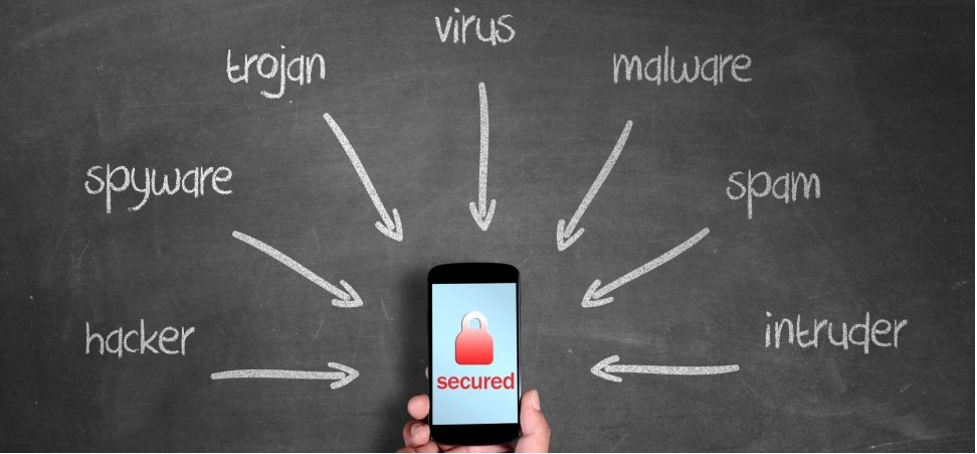In a world full of cybercriminal, nobody is safe. We do put a lot of effort into protecting our important passwords and ensuring our devices aren’t under certain attacks, but we can still get hacked, nevertheless. That is, our devices can. Your smartphone is nowadays basically the hub of your life, and it has, thus, become a rather common target amongst hackers. If you think it’s under attack, this is what to do.
If you’re wondering how your phone can get hacked in the first place, let me tell you about the most common methods that seem so obvious, and that, yet, work, precisely due to their simplicity. Malware can be sent as a link included in a text message, you could receive phishing e-mails designed to have you reveal your banking data, phishing scams can be done through social media as well, and then malicious code could also be included into certain applications you’ll download. As you can see, the methods are vast, and these scams and attacks can sometimes be rather subtle.
Contents
How To Tell If Your Phone Is Hacked
Before you can act on it, though, i.e. do what’s necessary after realizing your phone is hacked, you’ll need to learn how to tell if it is actually hacked. There are signs to be aware of, and you should constantly be on the lookout for those, so as to discover an attack rather sooner than later, because some of those can, as explained already, be pretty subtle, leading to you not knowing that you’ve been hacked at all. Let me now tell you about some of the signs that you absolutely have to be on the lookout for when trying to check if your phone’s been hacked.
First things first, you’re noticing that your phone is slower than usual, there’s a great possibility that you have malware on it. Those malicious programs will use additional processing power, which will slow down your device completely. Naturally, it is normal for smartphones to slow down overtime, especially if you’ve been using them for many years, but if you notice a big change in speed practically overnight, you should suspect that hackers have done their tricks on you.
Along the same lines, if your battery is draining quickly, your phone could also be hacked, which is another sign explained at https://www.lookout.com/blog/is-my-phone-hacked and similar useful sources. That’s because the malicious programs will run in the background while you’re not doing anything, draining your battery. Once again, though, old phones are bound to drain the batteries faster, or some updates could cause such a thing, but if you’re noticing a sudden change in battery usage, there’s a good chance that you’ve been hacked.

Adware can often hide behind those annoying pop-up ads. While those are normal while you’re browsing the Web, if unwanted ads are popping up even when you’re scrolling through trusted websites and sources and visiting apps in which pop-up ads usually don’t appear, that’s not a good sign. A virus could be running in the background if you’re noticing more pop-up ads than usual, as well as in apps and on sites that you know haven’t previously had those types of ads.
If you’re receiving alerts about unusual activity on some of your online accounts that you usually access through your phone, then you could very well be at risk. This could mean that the hackers are using those accounts on your behalf, including social media so as to send messages to people or post content containing links to malicious programs. Apart from all of this, unusually high data usage, random app crashes or even reduced quality of your screenshots can be signs that your phone is hacked.
What To Do About It
If you suspect that your phone has been hacked, you’ll have to take a series of steps to get rid of the malware and protect your device once again. After you’ve done that, you’ll need to use some prevention tips and tricks so as to avoid this happening again in the future. Prevention is always better than actually dealing with malware afterwards, but if it has to be done – it has to be done.
If you can tell that your phone is hacked, go through your list of apps and uninstall those suspicious ones. Then, change the passwords for all of your online accounts and set two-factor authentication. Moving on, contact mobile security experts to be absolutely sure that the malware will be removed and that proper protection methods will be set in place.
As for prevention methods, here’s what to do. Regularly update your smartphone, have different passwords for all of your accounts, turn of your Wi-Fi when there’s a possibility to connect to an unsafe network, and use anti-malware software. As explained, prevention is always better than having to deal with malware afterwards, so use these tips to protect your device.

